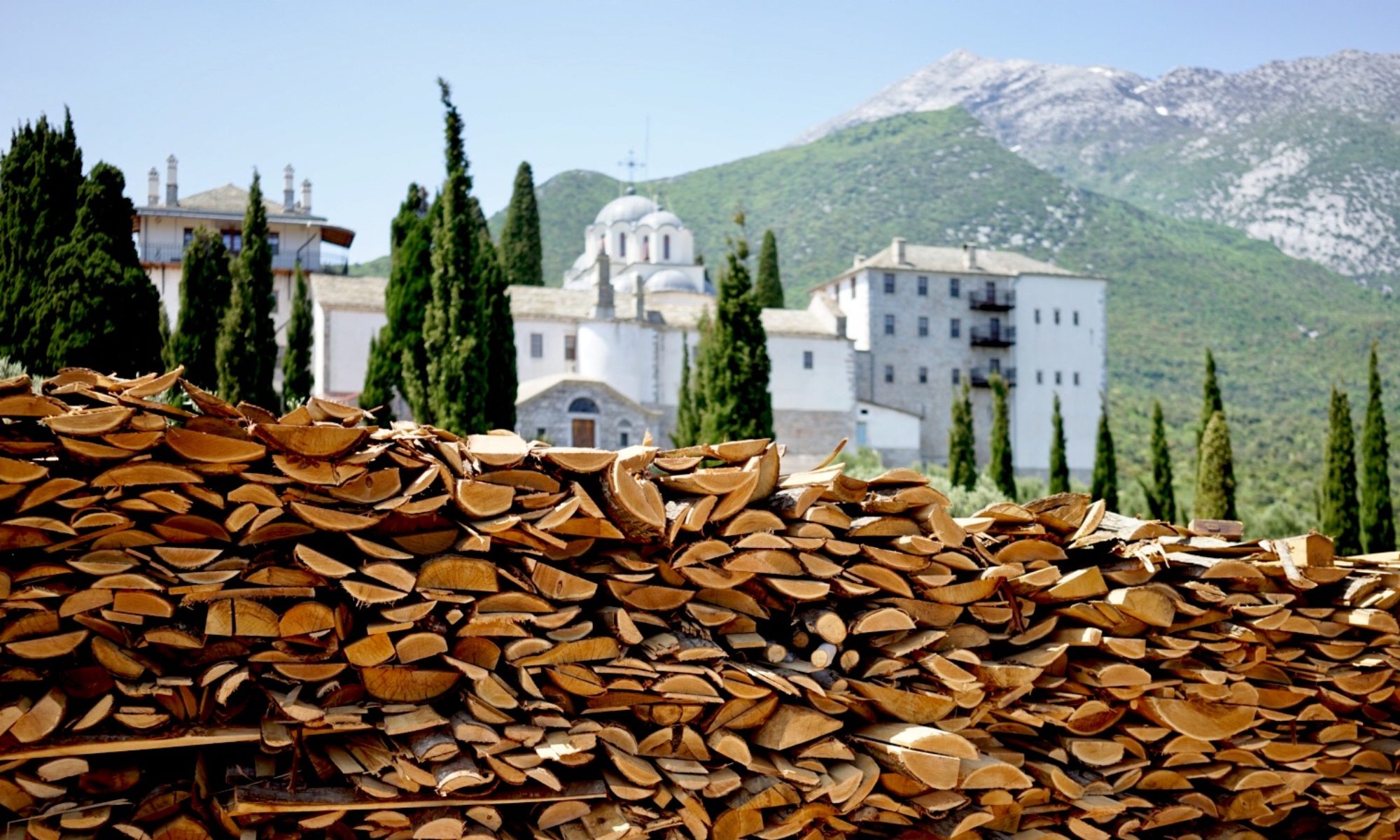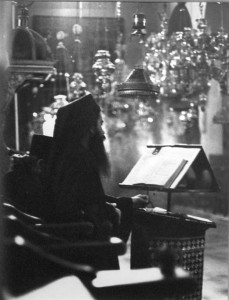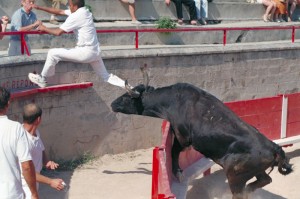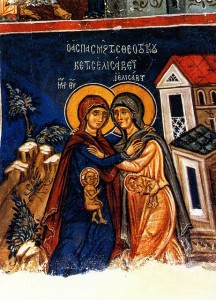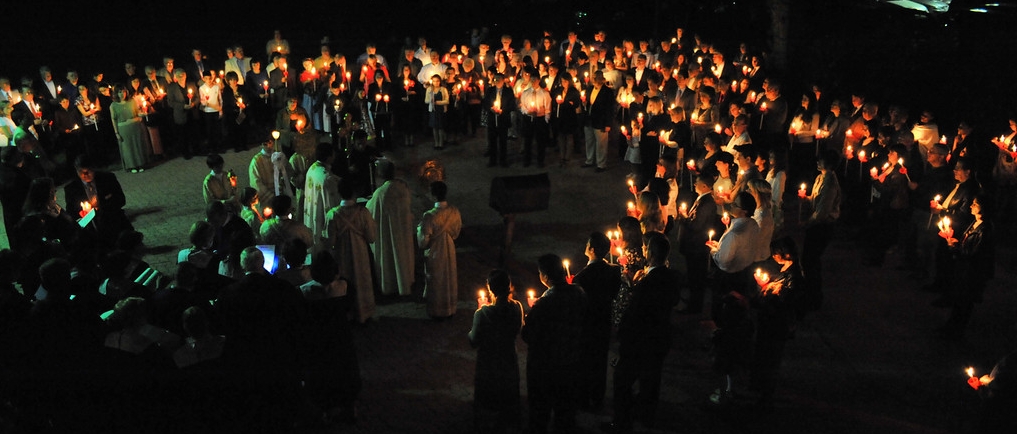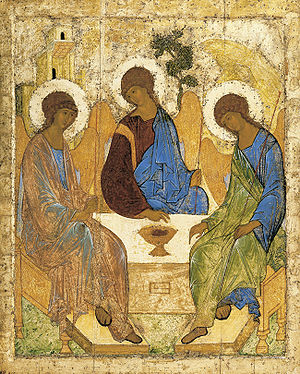 Then a second time they called the man who was blind and said to him, Give glory to God. We know that this man is a sinner. He answered and said, “Whether He is a sinner, I do not know; one thing I do know, that being blind, now I see.”
Then a second time they called the man who was blind and said to him, Give glory to God. We know that this man is a sinner. He answered and said, “Whether He is a sinner, I do not know; one thing I do know, that being blind, now I see.”
(Joh 9:24-25)
I would like to begin with a question: What is Orthodoxy? You may give me an answer related to the purity of the dogmas, or the correct worship or something of the sort. You would be very right thinking this way. I personally find appealing a definition that I’ve found in an article of a contemporary theologian, deacon Andrey Kuraev. He says that Orthodoxy is Christ seen through the eyes of the Apostles.
This definition needs a bit of an explanation. In life different people can look at the same person or occurrence and understand it differently. Likewise, Christ’s messianic activity was seen and understood differently by his contemporaries. Take for instance the episode when Pontius Pilate interviews Jesus in the Praetorium. Pilate saw in Jesus a religious fanatic, a man living in a world of dreams that cannot accurately perceive the harsh reality in which He will most probably be condemned to a horrible death. In the same room, the Jews leaders saw Christ as a threat to their status quo, a great challenge to their self-righteous way of life. The crowd outside, incited by their leaders, saw Him as someone of no value, or at least of less value than a common criminal, like Barabbas. The only people that indeed saw in Christ Who He really was, the Christ, the Messiah, the Son of God Who came to save the world from its eminent perdition, where the Holy Apostles.
Even the Apostles did not understood this right from the beginning and they did not truly believe everything until the Resurrection and Pentecost. But after these events their vision was opened and with their transfigured sensed they had a clear vision that was captured in the Holy Scriptures and in the entire Holy Tradition of the Church. This is Orthodoxy.
Of course you may ask yourselves now what this long introduction has to do with icons? In my opinion has everything to do with the icons because in a similar fashion we can say that the icons are a representation of the reality of God as it is seen through the transfigured eyes of the Church.
I say this because the authenticity of the reality we see around us is confined to the limitations of our human senses. We can only see, smell, taste what is material, what has the same composition as we do. The sight, the hearing, the smell, the taste and touch are nothing but chemical, mechanical or electrical stimulations interpreted by our brain. They are by definition physical, material. Based on this one can say that the senses, on which we base most of our understanding of the world are, in a way, crippling us in what it concerns the spiritual perception of reality.
Let me explain this further.… Continue reading
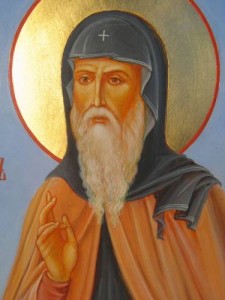 Abba Poemen said of Abba John the Dwarf that he had prayed God to take his passions away from him so that he might become free from care.
Abba Poemen said of Abba John the Dwarf that he had prayed God to take his passions away from him so that he might become free from care. 